“I can’t bear the idea of hosting strangers who may be linked to bandits,” says an owner in Port-au-Prince
For fear of housing members or individuals close to gangs, property owners refuse to rent their homes, according to testimonies collected by AyiboPost.
Hilaire Thomas, a homeowner in downtown Port-au-Prince, is one of the holdouts. Despite growing demand over the last three months, the man says he prefers to leave his apartment empty, which can accommodate up to three tenants.
“I don’t want to accommodate strangers who could be people linked to bandits,” declares Hilaire Thomas, who maintains that he wants to protect his family and his neighborhood as a notable person in the area.
Brokers are also playing it safe with some defining criteria, which is sometimes discriminatory, for scheduling showings.
Read also: «Nou pa lwe moun Jeremi kay», une discrimination bien vivante
Gérald Zenor, a broker based on Rue Alerte near the Port-au-Prince cemetery, puts anyone displaying tattoos, piercings or dreads on his red list. “Landlords don’t want these types of people because they may not be good citizens,” says the professional.
In a context of growing insecurity, where bandits have forced the displacement of 135,000 people at the end of March—according to the International Organization for Migration (IOM)—mistrust on the part of homeowners is increasing pressure on available apartments and heightening overcrowding.
Brokers are also playing it safe with some defining criteria, which is sometimes discriminatory, for scheduling visits.
Sociologist Mardochée Gédéon conducts research on armed violence in slums. He has observed how social clichés have broadened the definition of banditry to include behaviors considered deviant in society.
“Discrimination is not necessarily linked to an individual’s behavior or style, but rather to his or her social and economic status.” analyzes the academic.
According to research carried out on armed violence in Haiti, people who join armed gangs generally have very limited economic means.
“[These people] suffer structural violence which conditions their precarious situation,” says Mordochée Gédéon.
People who join armed gangs generally have very limited economic means.
Daryl Mozart Jules can attest to this discrimination. The mechanic with dreadlocks says he was the victim of derogatory comments made by landlords and brokers about a month ago, when he was looking for a new home in the Nazon area.
“A landlord refused me because of my hair, saying he didn’t want to put a target on his house,” Daryl Mozart Jules told AyiboPost.
Some owners extol the merits of these so-called security measures.
Juslène Janvier owns a house in Canapé-Vert. She recounts an incident where a young man and a young woman fled after being invited to go with her to the Central Directorate of the Judicial Police (DCPJ) before signing a rental agreement.
“They said they needed housing urgently,” Janvier testifies. I quoted them a slightly exaggerated price, but they still wanted to pay on the spot and move-in the following day.”
Read also: Louer une maison en République dominicaine, un vrai casse-tête pour les Haïtiens
The couple has not returned since the incident. For this reason, Juslène Janvier thinks that they were “not good citizens”.
Other owners like Renel Norelus of Carrefour Feuilles only rent to people in their neighborhoods. This strategy creates a shortfall for brokers. Nicodème Dejean, who has been working in this profession in Port-au-Prince for eight years, plans to take a break soon because of the lull, but also to avoid possible involvement in a case linked to bandits.
English translation by Sarah Jean.
Cover image : freepik
Stay in touch with AyiboPost through :
► Our WhatsApp channel : click here
► Our WhatsApp Community : click here
► Our Telegram canal : click here

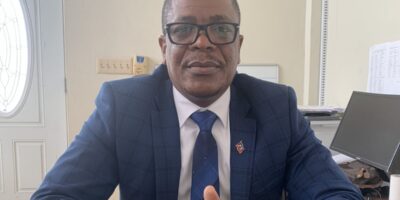
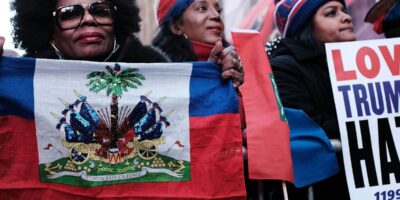
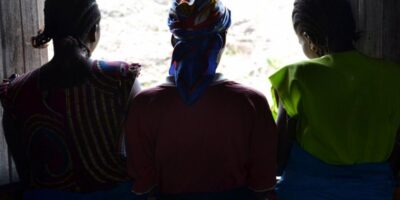
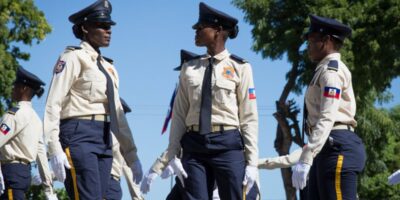

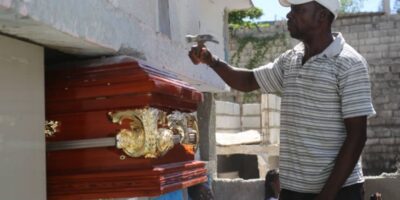
Comments